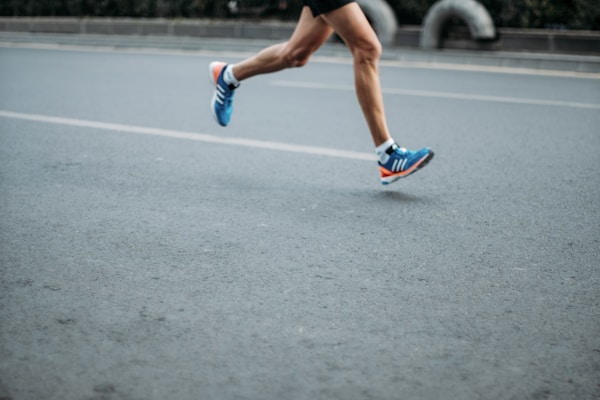Nicotinamide Adenine Dinucleotide (NAD) has been a topic of conversation amongst the health and wellness community as of late, and for good reason. NAD is a co-enzyme found in all living cells and is responsible for a variety of metabolic processes that are essential for life. But why is it so important? Keep reading to find out why NAD+ is so important for our health.
Cells use NAD to convert the energy from food into usable energy.

NAD is a coenzyme that helps cells process energy from food sources. It is a major component in the cellular respiration process, which is how cells convert energy from food into a form that can be used by the cell. NAD is a small molecule composed of two parts: a nitrogenous base, adenine, and a sugar, ribose. The adenine and ribose molecules are linked together to form a “dinucleotide,” which is the basic building block of NAD. NAD is essential for the cellular respiration process, as it is the molecule that facilitates the transfer of electrons from one molecule to another. This transfer of electrons is what drives the production of ATP, the main source of energy used within cells. In order for NAD to work, it must first be activated or oxidized. This is done by adding a hydrogen atom to the NAD molecule, which causes it to become NADH. NADH is then able to accept electrons from molecules within the cell, such as glucose. The electrons are then transferred to a series of molecules, known as the electron transport chain, which ultimately produces ATP.
NAD is necessary for the repair of damaged DNA.
In the body, NAD is necessary for the repair of damaged DNA. DNA, or deoxyribonucleic acid, is the molecule of life that contains the genetic instructions for all living things. It is made up of two strands of nucleic acids that pair together in a double helix structure. When DNA is damaged, it can lead to mutations that can cause genetic disorders or even cancer. Fortunately, the body has mechanisms in place to repair the damage and maintain the integrity of the DNA. One of these mechanisms is the use of NAD. NAD is used in DNA repair because it is a coenzyme that helps enzymes work more efficiently. When NAD is present, it helps a specific enzyme called DNA polymerase to repair DNA damage. The enzyme uses NAD to transfer electrons from one DNA strand to another, allowing it to replace the damaged nucleotides. This process is essential for the repair of DNA and is vital for maintaining the health of the cell.
NAD helps to regulate gene expression.
NAD is involved in the regulation of gene expression by acting as a “redox messenger” in the cell. That is, it can shuttle electrons between molecules and thereby act as a signal for certain cellular processes. For gene expression, NAD helps to modulate the activity of transcription factors. Transcription factors are proteins that bind to DNA and control the expression of genes. When NAD is present, it can bind to transcription factors and modulate their activity. By doing so, it can regulate the expression of genes.
NAD is involved in the regulation of the circadian rhythm.
The circadian rhythm is the body’s natural 24-hour cycle of physiological and behavioral activities, often referred to as the body’s inner clock. NAD is involved in the regulation of the circadian rhythm by regulating the expression of genes involved in the circadian cycle, such as CLOCK and BMAL1. NAD plays a role in regulating the body’s internal clock by increasing the activity of the CLOCK and BMAL1 proteins. These proteins are responsible for the production of other proteins needed to regulate the circadian cycle.
Altogether, Nicotinamide adenine dinucleotide is important for many metabolic processes in the cell. It is a key component of redox reactions and plays a vital role in energy metabolism, DNA repair, and other processes. NAD is essential for the health of cells and organisms, and its deficiency can lead to metabolic disorders and disease.
